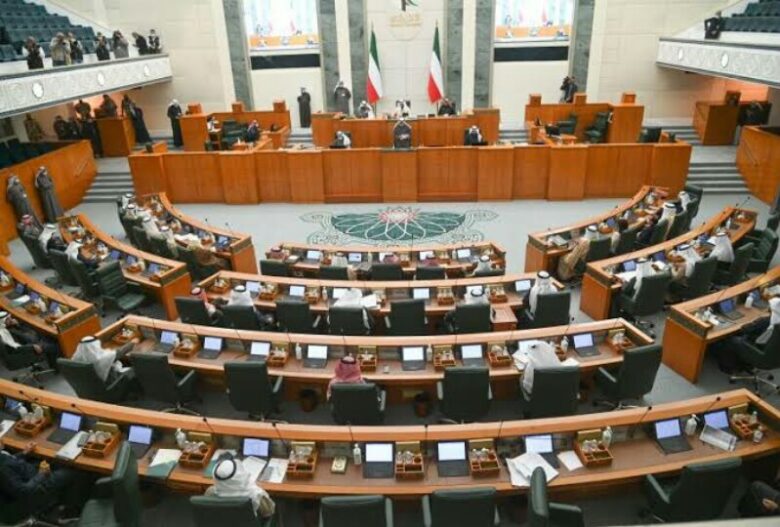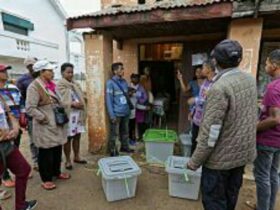Voters in Kuwait are participating in parliamentary elections amid ongoing political disputes that have led to a deadlock between the National Assembly and the ruling family in recent years.
This Thursday’s election is the first under the new Emir, Sheikh Mishal al-Ahmad Al Sabah, who ascended to the throne in December after his half-brother, Sheikh Nawaf al-Ahmad Al Sabah, passed away.
Approximately 835,000 Kuwaitis, out of a total population of 4.2 million, are eligible to cast their votes in the upcoming elections.
With 200 candidates contending for 50 seats, this marks the fourth election in the OPEC member state since December 2020.
Concerns about low voter turnout have prompted the emir to caution against boycotting the electoral process.
On February 15, Sheikh Mishal dissolved parliament, citing constitutional violations, following the body’s refusal to reprimand a politician accused of insulting him.
In his inaugural speech before parliament after assuming office, he criticised both the National Assembly and the government, accusing them of “harming the interests of the country and its people.”
The latest parliamentary vote took place in June 2023 amidst heightened political tensions between elected officials and the ruling family.
Despite this, the opposition managed to maintain a majority of the vote, prolonging the ongoing political deadlock.
In the 2023 election, which marked the country’s third vote in three years, voter turnout stood at 51 percent.
Unlike other Gulf monarchies, the Kuwaiti parliament has significant influence and sometimes challenges the executive branch.
One notable figure who ran and emerged victorious in the recent election was Marzouq al-Ghanim, a former parliament speaker and influential politician known for representing Kuwait’s business community.
Al-Ghanim has been vocal in his criticisms of the ruling family.
The political impasse has resulted in the deterioration of vital social services like healthcare and education.
Despite Kuwait boasting one of the world’s largest oil reserves and maintaining strong fiscal and external balance sheets, the ongoing turmoil has hindered much-needed investments and reforms.
YOU MAY ALSO READ: Nigerian anti-graft agency arrests popular crossdresser Bobrisky over naira abuse









Got a Question?
Find us on Socials or Contact us and we’ll get back to you as soon as possible.